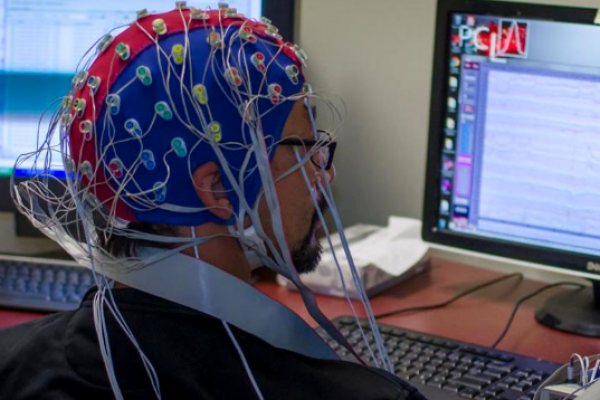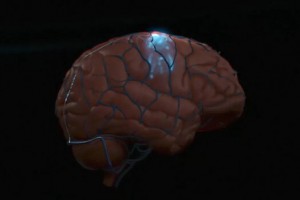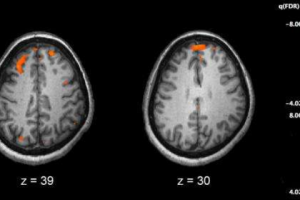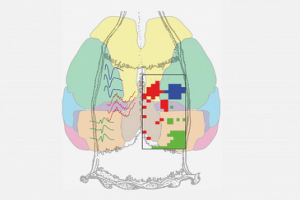Brain activity can predict success of depression treatment
McLean Hospital and Harvard Medical School researchers believe they have uncovered a method that could be useful in predicting a depressed patient's treatment prognosis, prior to starting treatment.
McLean Hospital and Harvard Medical School researchers believe they have uncovered a method that could be useful in predicting a depressed patient's treatment prognosis, prior to starting treatment.
certain markers in the brain could allow clinicians to identify patients with a high or low likelihood of responding to certain treatments for depression.
"Our work shows that we could predict a patient's response to an antidepressant by looking at the activation level of the rostral anterior cingulate cortex (ACC) region of the brain by using electroencephalogram (EEG)," said Diego A. Pizzagalli.
This is the first study to demonstrate the fact that activity in this brain region predicts the likelihood of treatment response above and beyond the contribution of a range of low-cost and easily administered clinical and demographic characteristics previously shown to predict treatment outcome.
For this study, the team built upon Pizzagalli's previous work showing that EEG recordings of rostral ACC activity could predict the eventual response. "In that prior study, we saw that the higher the activity before the start of the treatment, the better the clinical response months later," noted Pizzagalli (professor of psychiatry at Harvard Medical School).
For the new study, more than 300 patients were tested at four sites in the United States—using sertraline for the treatment group. "We showed that the rostral ACC marker predicted clinical response eight weeks later, even when statistically controlling for demographics and clinical variables previously linked to treatment response," said Pizzagalli. "For those with the marker of good response, a clinician could tell patients that they have a high chance of benefitting from the intervention, and they should stay engaged in treatment," he explained. Conversely, he said, for patients with the marker of low response," clinicians could decide to start with more aggressive treatment at the outset."
Soon researchers plan to deploy these approaches on patients at McLean Hospital to determine whether they can lead to treatment-specific predictions. Their vision is to determine if an optimal combination of markers—including brain-based but also clinical and demographic characteristics—might allow them to predict response to drug A but not drug B or psychotherapy, for example.
Also, if an ACC marker predicts better response, researchers might develop cognitive training that specifically targets this region, which could increase brain activation to accelerate or boost response to more traditional intervention
medicalxpress.com





Related Posts